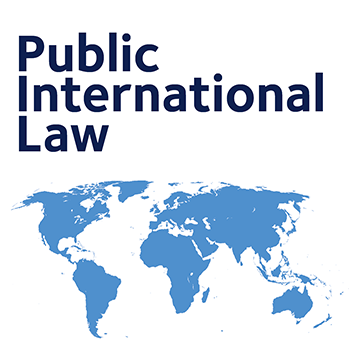Oxford Global Justice Internship Report - Matilde Gawronski
With the support of the Oxford Global Justice Internship Programme, I had the opportunity to spend three months (from February to April 2014) in Uganda and to join the Makerere Institute for Social Research at Makerere University in Kampala as Research Affiliate, as well as to work as an ad-hoc assistant with the Ugandan Coalition for the International Criminal Court and other local civil society organizations.
The Coalition is currently in the process of spearheading the creation of a Uganda National Transitional Justice Coalition (NTJC) and I had the opportunity to be involved in some of the preparatory meetings of this emerging Coalition. I also helped them with writing concept notes on transitional justice and the envisaged future of the nascent NTJC, meeting minutes and reports. Even after leaving Uganda I remain involved remotely with some of the work of the UCICC, including building an online survey to map the existing transitional justice processes in Uganda as carried out by different civil society organizations and in response to the Draft TJ Policy, currently being reviewed by the Government of Uganda.
Through my affiliation with the Coalition, I also took part in other civil society events, including one relating to the recent Women’s Advocacy Network’s Petition to Parliament, which petitioned the Ugandan government to take measures to address the needs of war-affected women in the Acholi sub-region. I also had the opportunity to take part in some events relating to the International Crimes Division and the Kwoyelo trial at the Supreme Court. It was most exciting and interesting to be part of these events and learn from Ugandan key stakeholders about the vibrant transitional justice community operating in the country and its new initiatives.
Overall, my experience of working with the UCICC as well as engaging with a wide variety of organizations and actors has been most beneficial for my professional and academic development and has also widely benefited my DPhil data collection. This collaboration allowed me to become involved in some of Uganda’s most recent efforts in the field of transitional justice as well as to learn about and be in contact with different civil society organizations operating across the country. As a Dphil Student in Socio-Legal studies, working on issues of formal and transitional justice in Uganda, the combination of all such experiences has proved highly valuable for me and I am thus very grateful to the Oxford Global Justice Internship Programme for their support.

